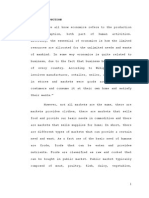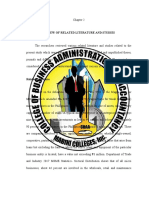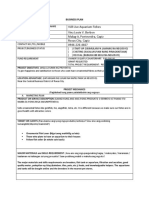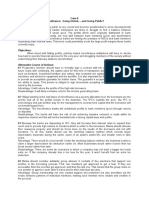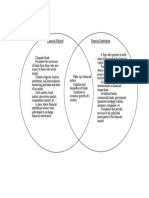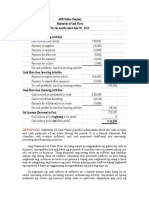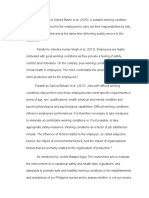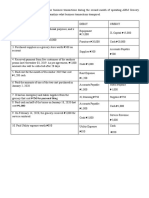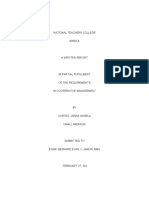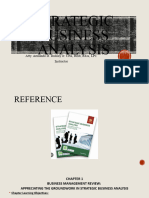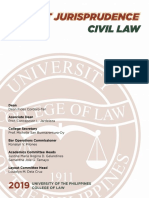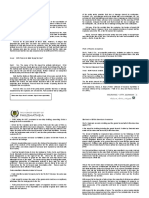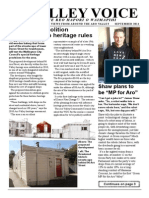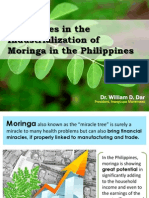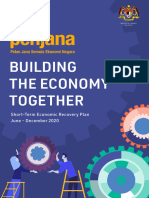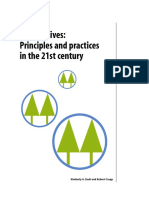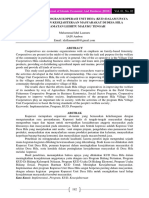0% found this document useful (0 votes)
2K views34 pagesSamal Multi-Purpose Cooperative Strategic Audit
This document provides an overview of Samal Island Multi-Purpose Cooperative (SIMC) in the Philippines. It discusses SIMC's history, operations, services offered, and strategic issues currently facing the cooperative. SIMC was established over 50 years ago and serves over 20,000 members across Samal Island. However, its annual report identified several strategic problems, including weak governance and ethics implementation, low member satisfaction, and weak internal controls leading to corruption. The document aims to address these issues to help SIMC better achieve its vision of being a stable, competitive cooperative that uplifts its members' economic status.
Uploaded by
Arman DalisayCopyright
© © All Rights Reserved
We take content rights seriously. If you suspect this is your content, claim it here.
Available Formats
Download as DOCX, PDF, TXT or read online on Scribd
0% found this document useful (0 votes)
2K views34 pagesSamal Multi-Purpose Cooperative Strategic Audit
This document provides an overview of Samal Island Multi-Purpose Cooperative (SIMC) in the Philippines. It discusses SIMC's history, operations, services offered, and strategic issues currently facing the cooperative. SIMC was established over 50 years ago and serves over 20,000 members across Samal Island. However, its annual report identified several strategic problems, including weak governance and ethics implementation, low member satisfaction, and weak internal controls leading to corruption. The document aims to address these issues to help SIMC better achieve its vision of being a stable, competitive cooperative that uplifts its members' economic status.
Uploaded by
Arman DalisayCopyright
© © All Rights Reserved
We take content rights seriously. If you suspect this is your content, claim it here.
Available Formats
Download as DOCX, PDF, TXT or read online on Scribd
/ 34




